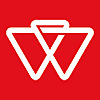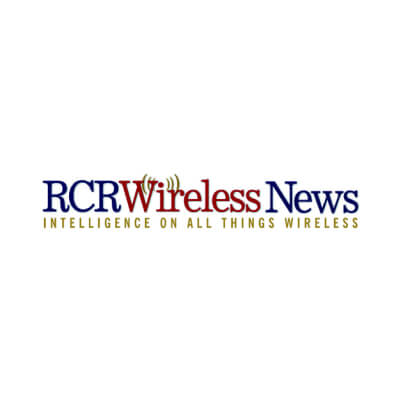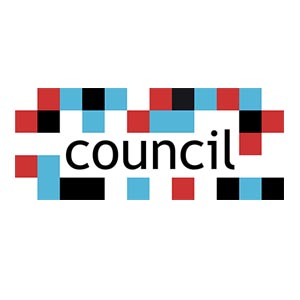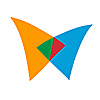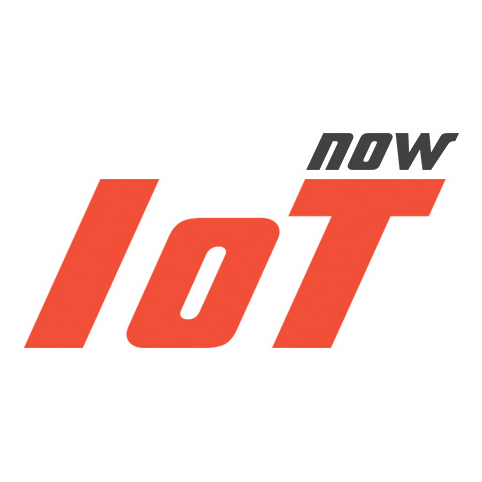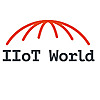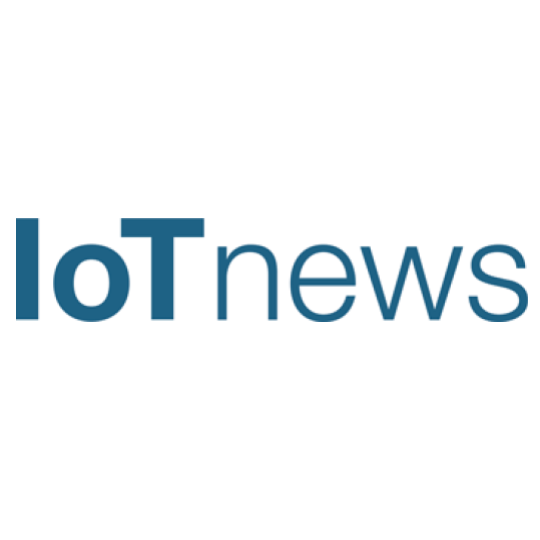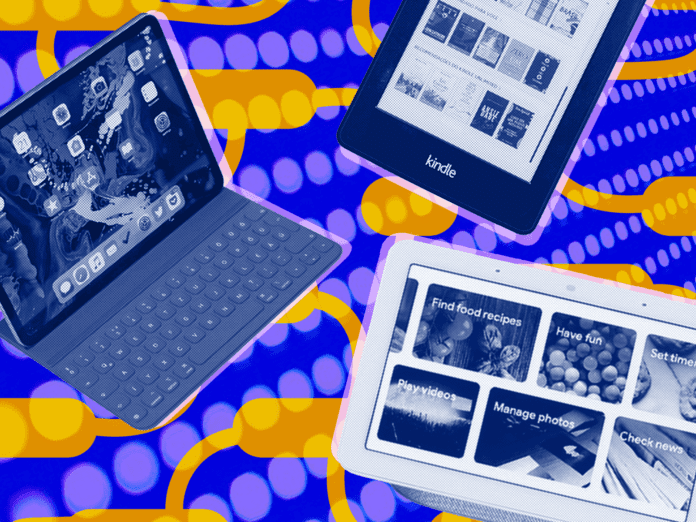
Smart tech that connects to the internet is on the rise. It’s everywhere, from our phones and watches to our electricity meters and refrigerators. It’s hidden away in our homes and cars, gradually becoming less conspicuous and more streamlined, integrated into even the most mundane objects. This is the Internet of Things, and it’s slowly becoming ubiquitous.
However, while its predicted rise has fallen a little short of what some tech leaders might have expected, it is still undoubtedly the future of our technocentric world. It will become increasingly less obtrusive and more discreet; it will slowly disappear before our very eyes and become embedded in our everyday lives. That is, of course, with one exception—the screens we need to control our digitally connected lives.
But while we might all be a little too overly familiar with our laptop screens and TVs, the display technologies driving IoT devices are a little more diverse. They leverage both those recognizable technologies and other, less common tech that offers its own sets of pros and cons. Here then, we look at today’s main contenders for display tech in IoT devices of the future.
TFT LCD
Thin Film Transistor (TFT) displays were once the market leaders in most consumer IoT products. TFTs are still found in computer monitors and laptop screens today, most commonly as TFT LCD. They may still be integrated into smaller items such as smartwatches. The main issue with this particular technology, and one of the reasons IoT devices are beginning to adopt different approaches, is that it is particularly power-hungry.
That being said, any device that has a permanent power supply can benefit from TFT LCD, with exceptional color reproduction and fast response times that are ideal for multimedia. They are backlit, so TFT is also ideal in areas where ambient light is low. However, that same technology means they can be problematic in full sunlight.
OLED
OLED screens are becoming increasingly popular within IoT devices. As price/performance ratios have improved, so too has its usage in all types of tech. They generally offer higher contrast and faster reaction times in smaller touch devices. Perhaps more importantly, significantly lower power consumption makes this tech ideal for wearables and other portable devices.
OLED is not backlit, as the “O” (organic molecule) emits the light itself through the LED. This not only saves power but also provides visibility at all angles (unlike TFT). OLED is also showing excellent performance in flexible displays thanks to easy application on substrates. Perhaps the only drawback is that while costs have come down, they are still significantly more expensive than TFT. This means the largest screens may be prohibitively expensive.
EPD
Electronic Paper Display (EPD) is perhaps most recognizable as part of your favorite e-book/e-reader. It offers numerous advantages over both TFT and OLED when it comes to power consumption, outperforming both massively. This is because it only draws power when refreshed or the content of the screen is changed.
However, as you will most likely already recognize, EPD is not great with multimedia content. EPD generally presents monochrome displays or limited palettes. They are also not suitable for low ambient light conditions unless a backlight is added, increasing power consumption. Still, otherwise, this technology’s clear readability in direct sunlight makes it ideal for e-books, but also signage and information display both indoors and outdoors.
The Future of IoT Screens
Each of these technologies clearly offers its own advantages and disadvantages. Manufacturers of IoT devices need to carefully identify the requirements of any specific device and then strike a balance between functionality, cost, and power efficiency. Additionally, size and assembly considerations must also be factored in as IoT devices become more diverse and available in various form factors.
However, what of the future of IoT screens?
The next generation of displays may well see TFT and OLED phased out in the same way as CRT at the beginning of the millennium. Quantum Dot Display (QD-LED) promises greater energy efficiency within multimedia devices, delivering the same functionality while making the most of existing battery technologies. Part of the reason for this is that they require no backlight, and the active matrix can be cost-effectively printed using inkjet printers. However, the nano-crystal tech may have other, far-reaching implications for a variety of industries too.
MicroLED
MicroLED is another promising technology that again requires no backlight and delivers high energy savings. It shows particular promise in IoT devices that require larger screens (TVs and monitors), delivering exceptional brightness, contrast, and definition. However, its applications are not limited to larger devices. It is rumored that Apple is developing its own MicroLED and MicroOLED tech for ultrathin displays.
Regardless of the speed at which IoT devices are adopted, it is clear that the evolution of the display technologies required to connect us with the digital space will continue to develop apace. Today, countless new display technologies are being researched and tested by some of the biggest manufacturers in the world. The next generation of screens may look the same (or better) than those of today but function in very different ways.




 Related Podcast Episode
Related Podcast Episode
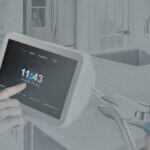
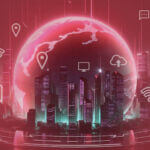
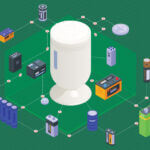

 Related Applications
Related Applications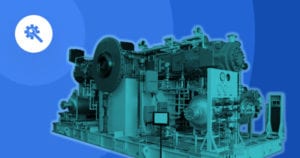
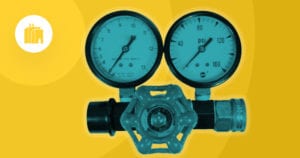

 Latest IoT News
Latest IoT News